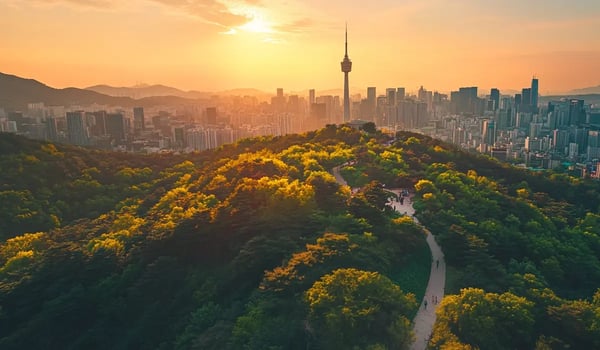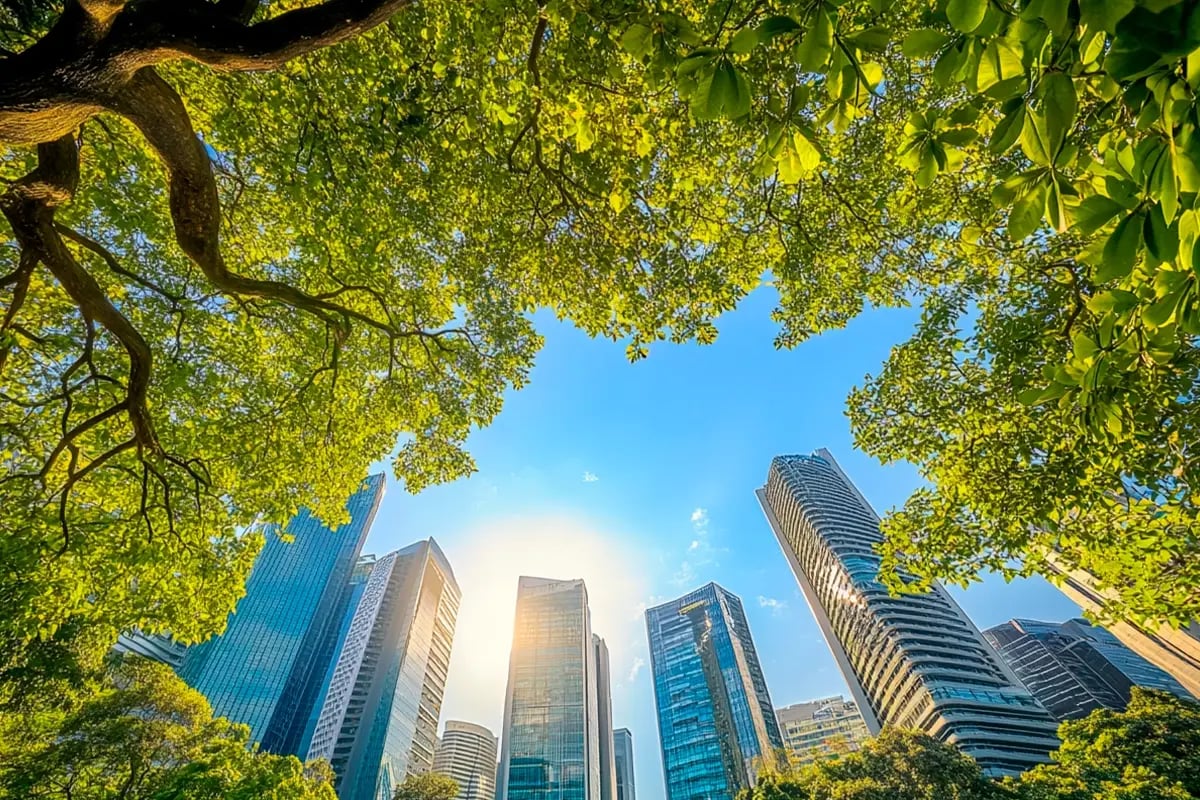China is preparing to tighten the rules for its national carbon market, signaling a pivotal change...

China’s Emissions Market Enters New Phase with 2027 Caps
2

China’s ETS Could See 33-Fold Expansion by 2030
China’s national carbon market is poised for rapid expansion over the next decade, with its size...
2

South Korea Targets Emission Cuts with Upcoming Carbon Exchange
South Korea is preparing to introduce a voluntary carbon exchange in the second half of this year,...
1

The New Standard: China’s Move to Transparent Corporate Climate Data
China is no longer just a participant in the global ESG conversation—it is now writing the...
1


